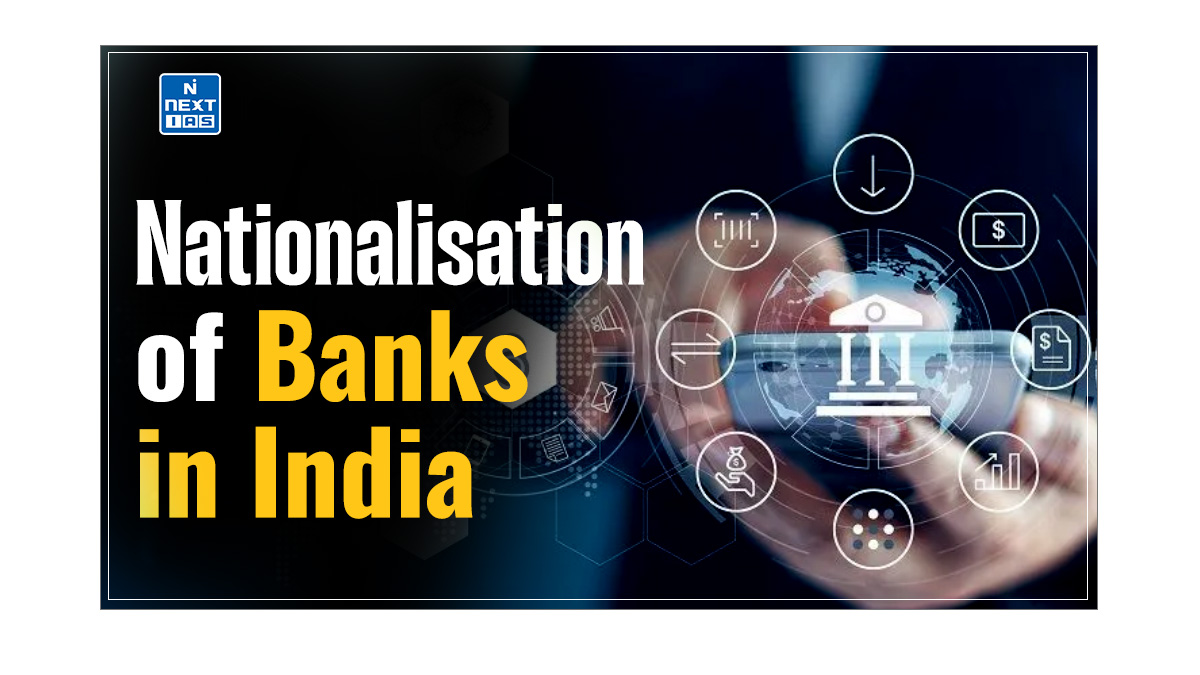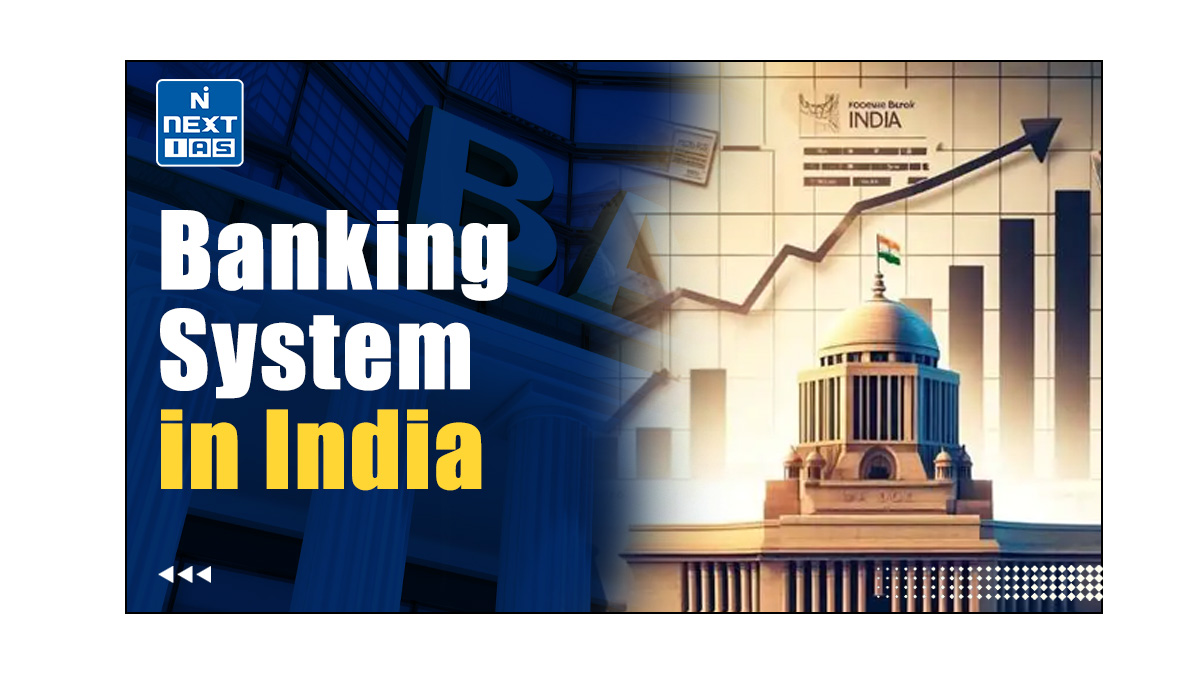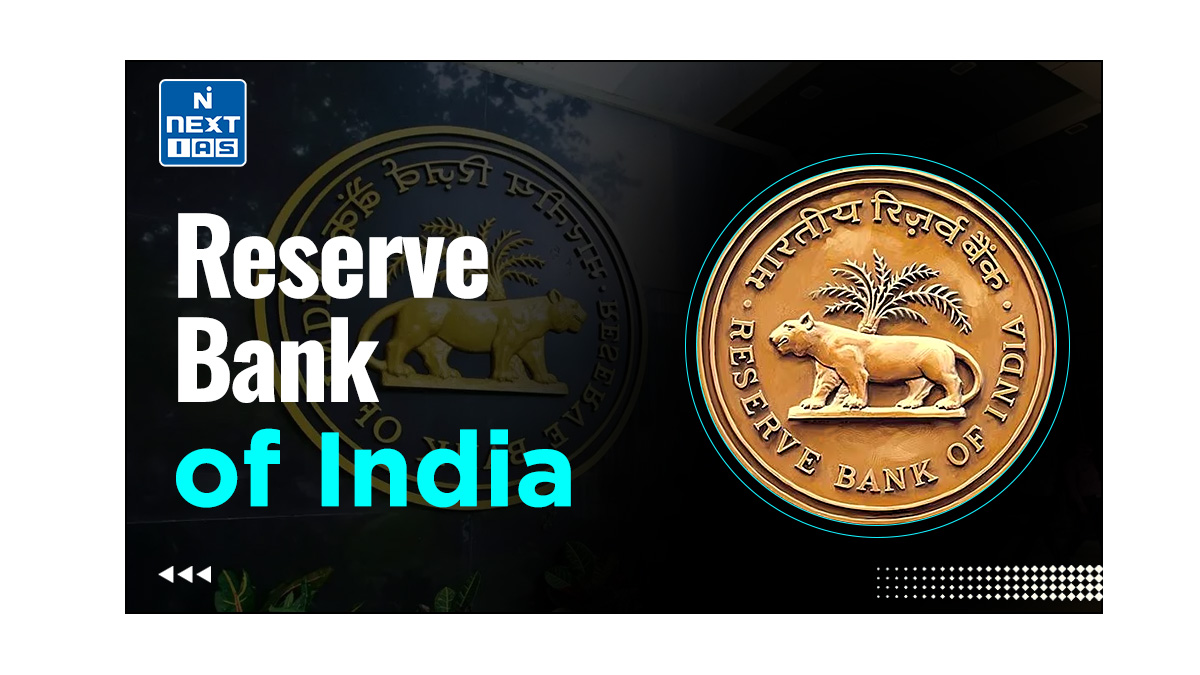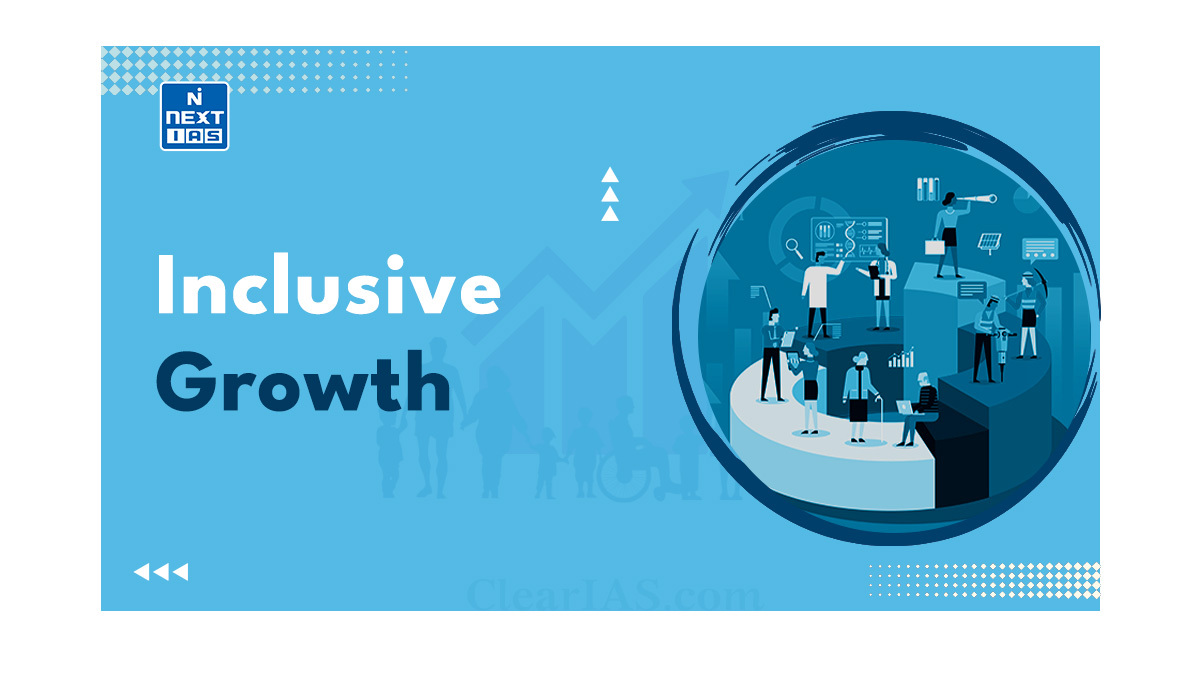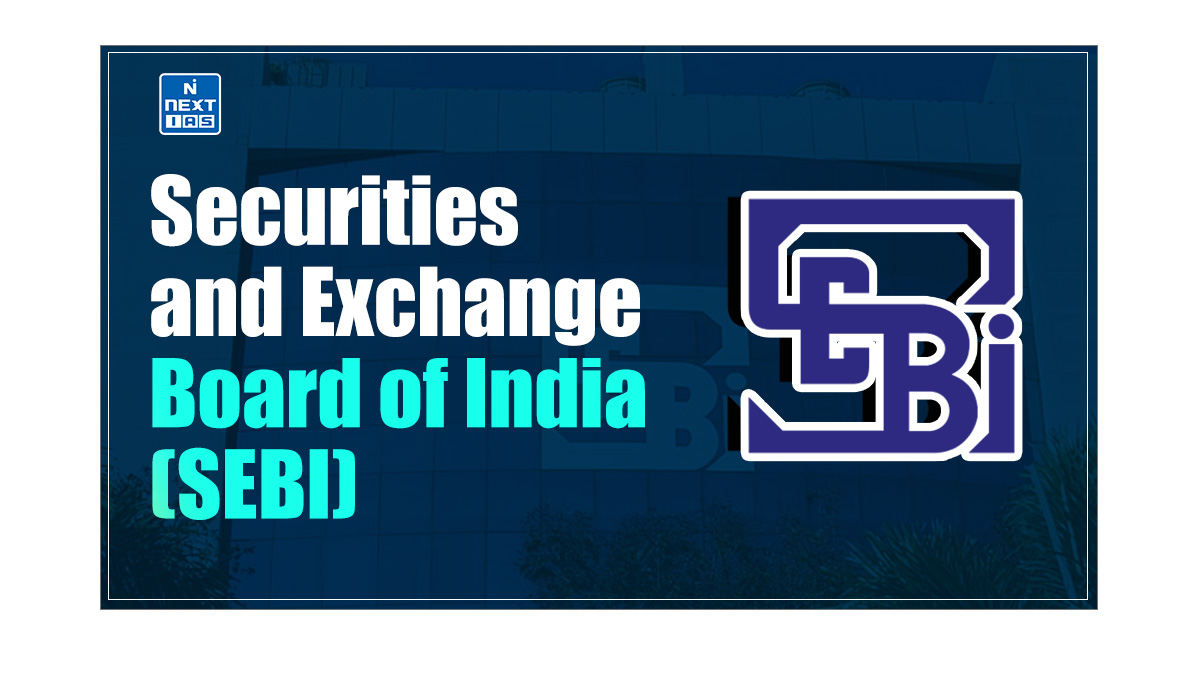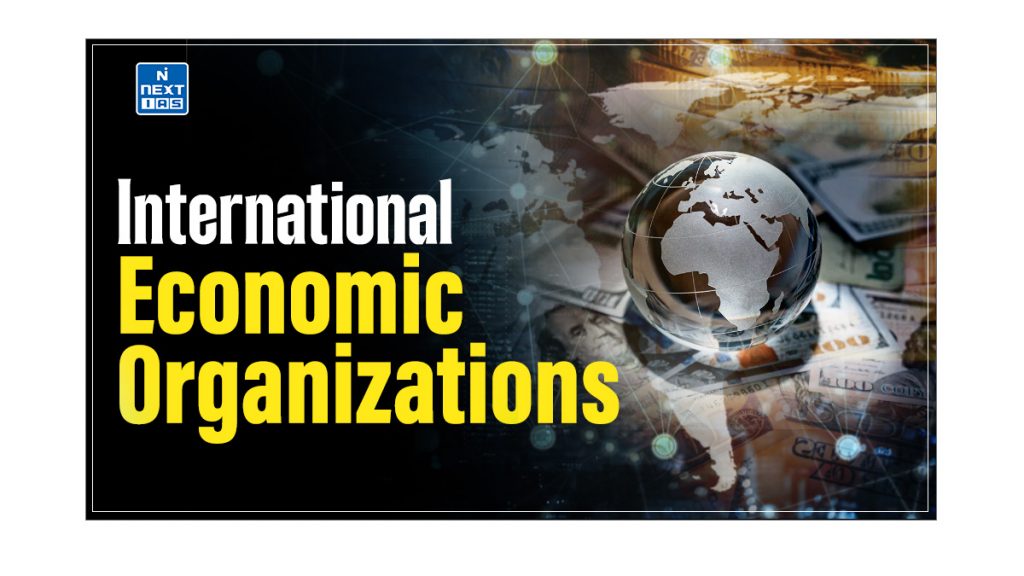
International Economic Organizations are pivotal in shaping the global economic landscape. They play a crucial role in fostering global economic stability, facilitating trade, and promoting development in the present increasingly interconnected world. This article aims to study in detail International Economic Organizations, including the International Monetary Fund (IMF), the World Bank Group, and others such as the New Development Bank (NDB), etc.
What are International Economic Organizations?
- International economic organizations refer to institutions that are composed of multiple member countries, working together to address global economic issues, set standards, facilitate trade, promote development, and ensure financial stability.
- These organisations work to foster international economic cooperation and collaboration,
- Overall, they aim to contribute to regional as well as global economic growth and development.
Major International Economic Organizations
Some of the most important International Economic Organizations include:
- Bretton Woods Institutions
- World Bank Group (WBG)
- International Monetary Fund (IMF)
- Other International Economic Organizations
- BRICS New Development Bank (NDB)
- Asian Development Bank (ADB)
- Asian Investment Infrastructure Bank (AIIB), etc.
Each of these institutions has been discussed in detail in the sections that follow.
Bretton Woods Institutions
- The Bretton Woods institutions are one of the most important international economic organizations that were established in 1944 at the United Nations Monetary and Financial Conference held in Bretton Woods, New Hampshire.
- After the Second World War, delegates from 43 countries met to help rebuild the shattered post-war economy and promote international economic cooperation, create a new international monetary system to ensure a foreign exchange rate system, prevent competitive devaluations, and promote economic growth.
- One of the major outcomes of the Bretton Woods Agreement was the creation of the institutions – International Monetary Fund (IMF) and the World Bank (with its first group institution IBRD).
- International Monetary Fund and World Bank, together, are popularly called as Bretton Woods Institutions or Bretton Woods Twins.
- John Maynard Keynes was one of the founding fathers of the two institutes.
International Monetary Fund (IMF)
- The International Monetary Fund (IMF) is an international organization of 189 countries, which works to secure financial stability, foster global monetary cooperation, facilitate international trade, promote sustainable economic growth and high employment, and reduce poverty around the world.
- The IMF formally came into existence on 27 December 1945.
- It is one of the Bretton Woods Institutions.
Read our detailed article on the International Monetary Fund (IMF).
World Bank and World Bank Group (WBG)
World Bank
- The World Bank is a product of the Bretton Woods Agreement, which came into formal existence on 27 December 1945.
- The World Bank serves as a provider of financial and technical assistance to developing countries across the world.
- The World Bank is headquartered in Washington, D.C.
World Bank Group
- The term “World Bank” generally refers to just the IBRD and IDA as they share the same leadership and staff, whereas the term World Bank Group or WBG is used to refer to a set of five distinct yet complementary organisations.
- The organisations which make part of the World Bank Group (WBG) include:
- International Bank for Reconstruction and Development (IBRD)
- International Development Association (IDA)
- International Finance Corporation (IFC)
- Multilateral Investment Guarantee Agency (MIGA)
- International Centre for Settlement of Investment Disputes (ICSID)
Read our detailed article on the World Bank Group (WBG).
Other International Economic Organizations
- Apart from the two Bretton Woods Institutions, there are other International Economic Organizations that play an important role in the global economy.
- Some of the most prominent of these International Economic Organizations are discussed below.
BRICS New Development Bank (NDB)
- The BRICS New Development Bank, commonly known as the BRICS Bank, is a multilateral development institution founded by the BRICS nations.
- Its purpose is to aid infrastructure and sustainable development projects in BRICS countries and other underserved emerging economies, fostering faster development through innovation and advanced technology.
- The Bank complements the efforts of other existing financial institutions to realise the common global growth.
- It is headquartered in Shanghai, China.
Member Countries of BRICS New Development Bank (NDB)
- Founding Member Countries: Brazil, Russia, India, China, South Africa
- New Members of BRICS New Development Bank: Bangladesh, UAE, Egypt
- Prospective Members: Uruguay
Objectives of BRICS New Development Bank
- Fostering development of member countries.
- Supporting economic growth.
- Promoting competitiveness and facilitating job creation.
- Building a knowledge-sharing platform among developing countries.
To fulfil its purpose, the Bank supports public or private projects through financial instruments such as guarantees, loans, guarantees, equity participation, etc.
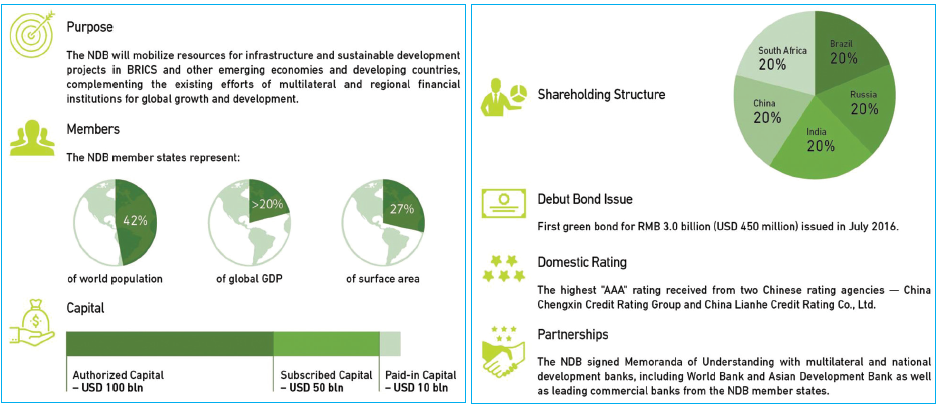
Asian Development Bank (ADB)
- Asian Development Bank, set up in 1966, is a regional development bank that aims for an Asia-Pacific free from poverty.
- Its mission is to assist developing member countries in reducing poverty and enhancing the quality of life for their citizens.
- It is headquartered in Manila, Philippines.
Member Countries of Asian Development Bank
- At present, the Asian Development Bank consists of 68 member countries, of which 49 are from Asia & Pacific region.
- India has been a founding member of ADB.
Functions of Asian Development Bank (ADB)
- Providing loans and equity investments to promote the economic and social progress of its developing member countries.
- Providing technical assistance and advisory services for the preparation and execution of development projects and programs.
Asian Investment Infrastructure Bank (AIIB)
- The Asian Infrastructure Investment Bank (AIIB) is a multilateral development bank, aimed at supporting the development of infrastructure and regional connectivity projects in the Asia & Pacific region.
- It was established in December 2015 and was officially opened for business in January 2016.
- It is headquartered in Beijing, China.
Member Countries of Asian Investment Infrastructure Bank (AIIB)
- Membership of the AIIB is open to all members of the World Bank and the Asian Development Bank (ADB) and is divided into regional and non-regional members.
- Unlike other Multilateral Development Banks, the AIIB allows for non-sovereign entities to apply for its membership, assuming their home country is a member.
Goals of Asian Investment Infrastructure Bank (AIIB)
- To address the daunting infrastructure needs across Asia by promoting inter-connectivity and economic development in the region through advancements in infrastructure and other productive services.
- To improve infrastructure connectivity, foster sustainable economic development and create wealth in Asia by investing in infrastructure and other productive sectors.
- To foster regional cooperation and partnership in tackling development challenges by working closely with other multilateral and bilateral development institutions.
- To promote investment in the private and public capital for development purposes, and in particular for the development of infrastructure and other productive sectors.
- To utilize the resources at its disposal to finance such development projects and programs in the region that will contribute most effectively to the harmonious economic growth of the region.
Importance of International Economic Organizations
International Economic Organizations play an important role in various spheres across the world. Some of them are as follows:
- Promoting Economic Stability: They help stabilize the global economy by providing financial assistance and policy advice during economic crises.
- Fostering Development: They support development projects and initiatives that improve living standards in developing countries.
- Encouraging Trade: By reducing trade barriers and establishing common rules, they enhance global trade. This, in turn, fuels economic growth.
- Enhancing Cooperation: International economic organizations provide platforms for countries to collaborate and address global economic challenges collectively.
- Setting Standards: These international economic organizations establish international standards and best practices in various economic areas, such as trade, finance, and development.
Conclusion
International Economic Organizations play a pivotal role in the global economy by promoting cooperation, stability, and development. While they have achieved significant successes, they also face criticism and challenges that require ongoing adaptation and reform. Necessary reforms should be carried out in these international economic organizations to make them more effective.
